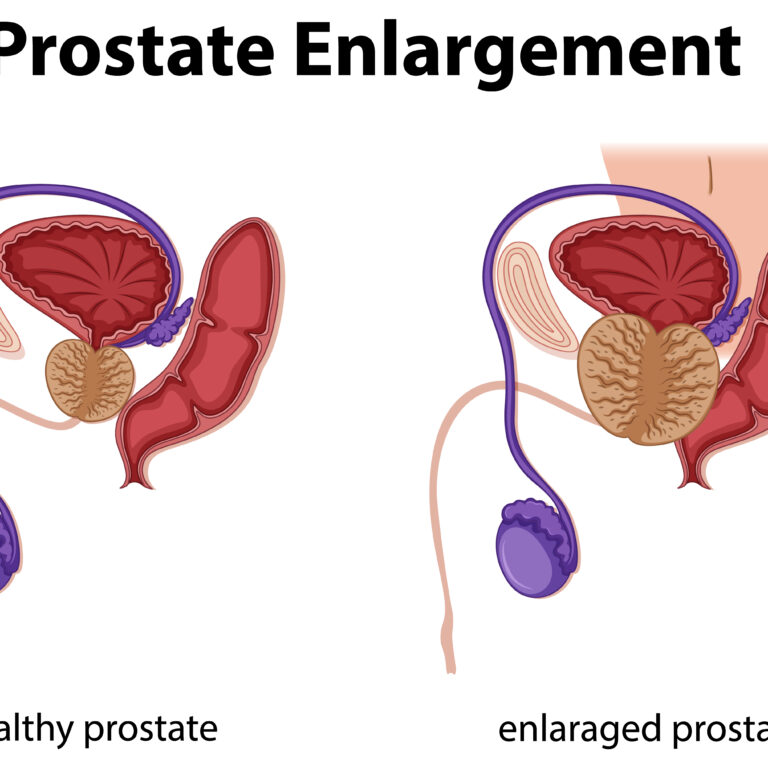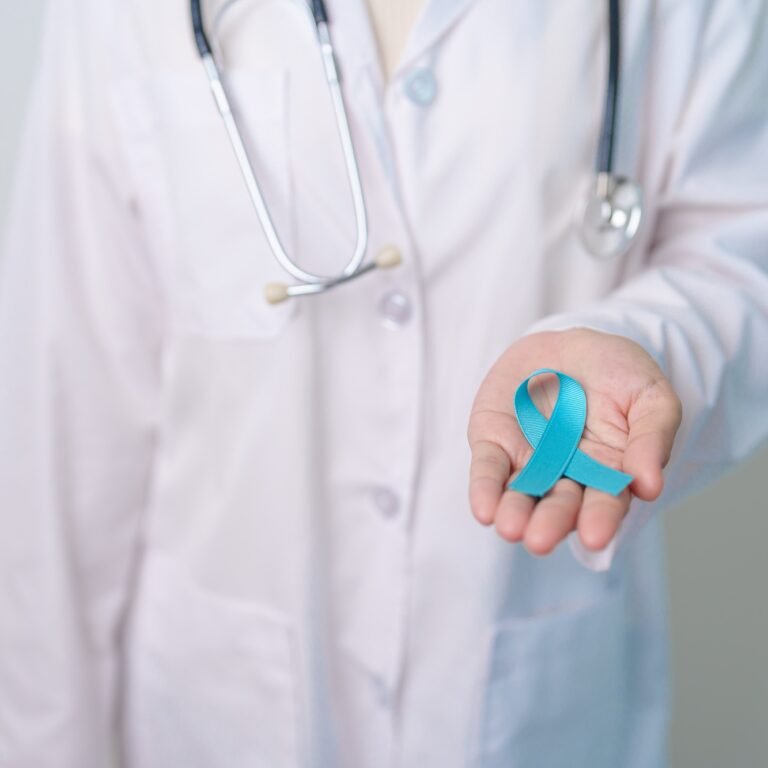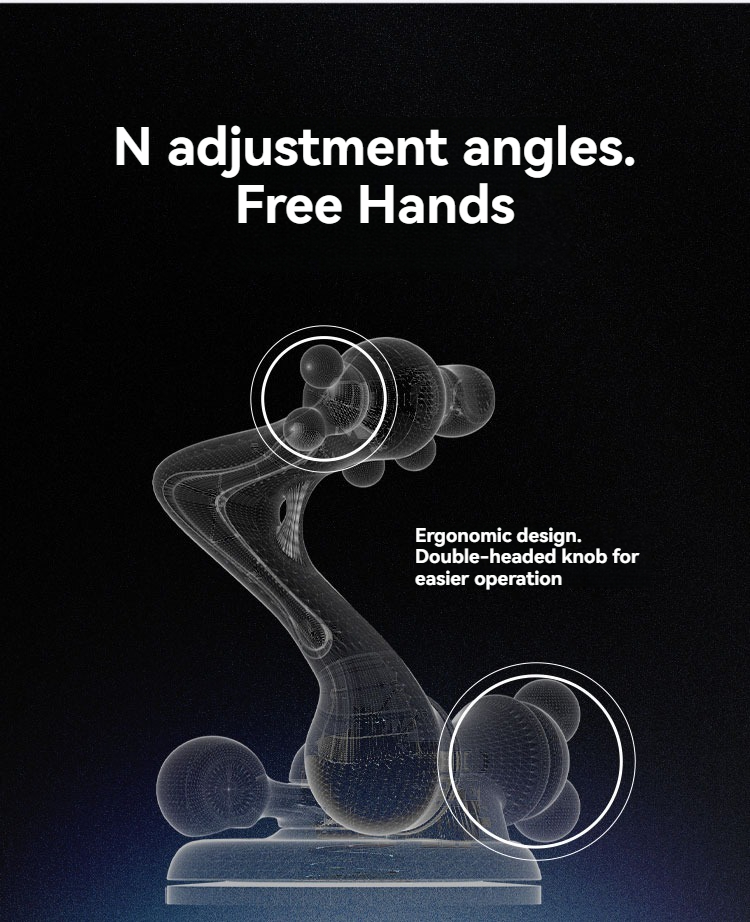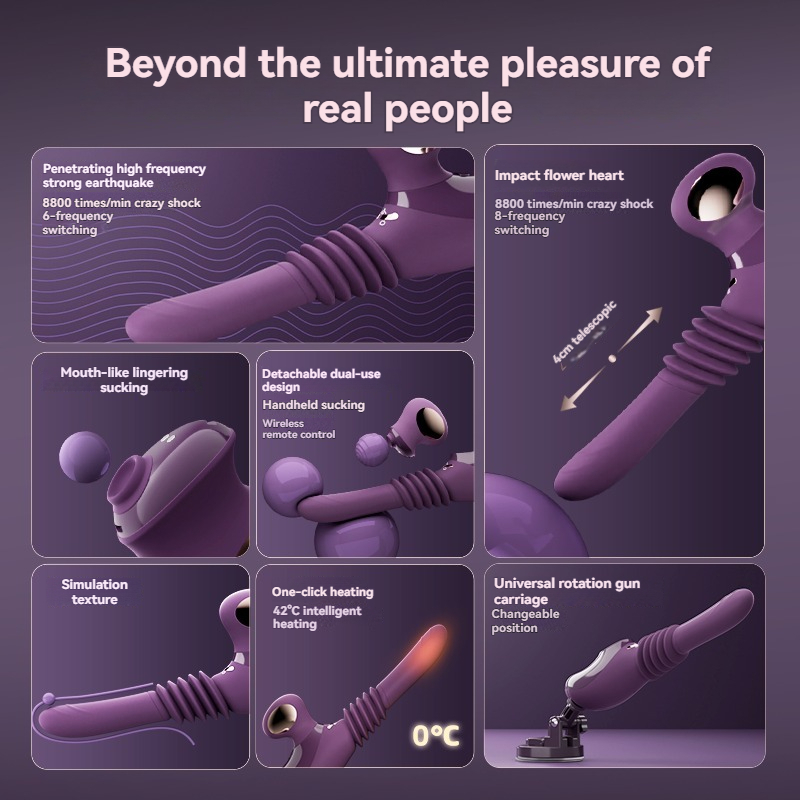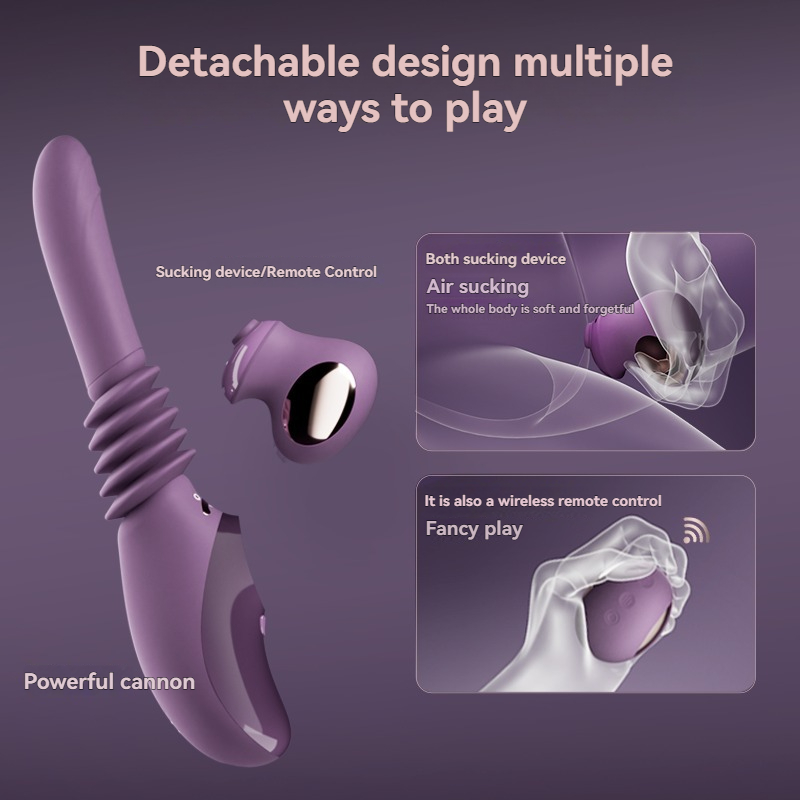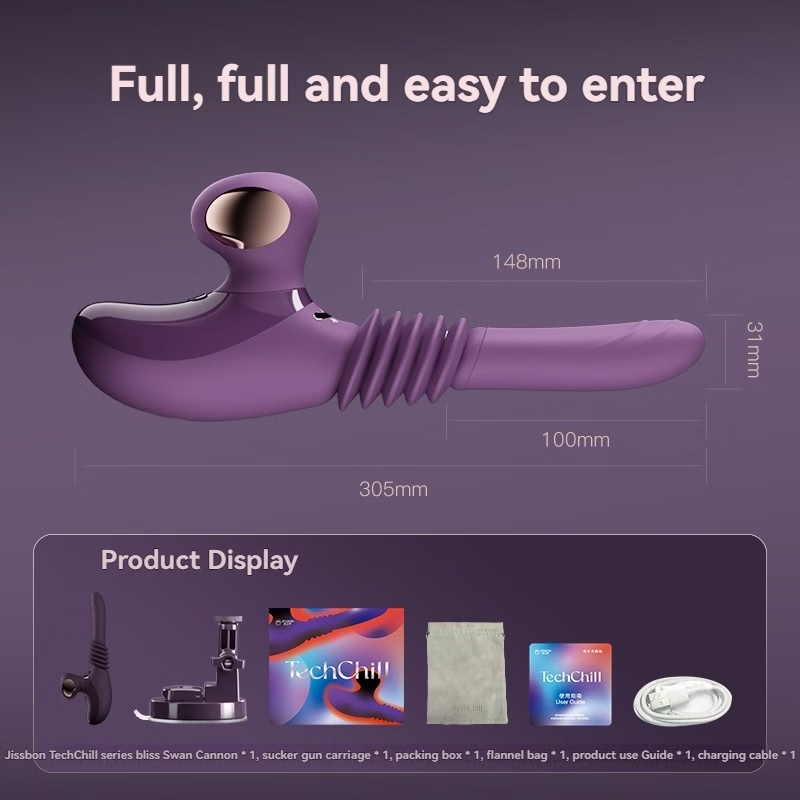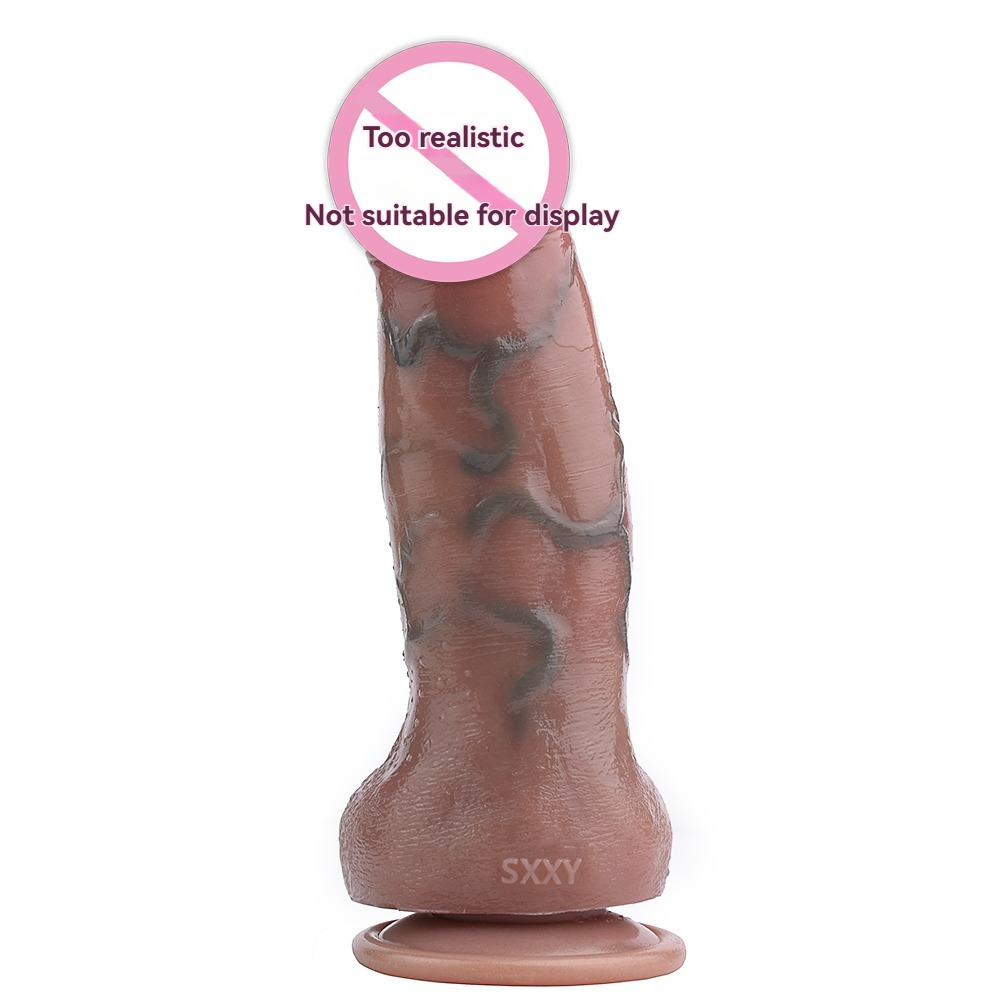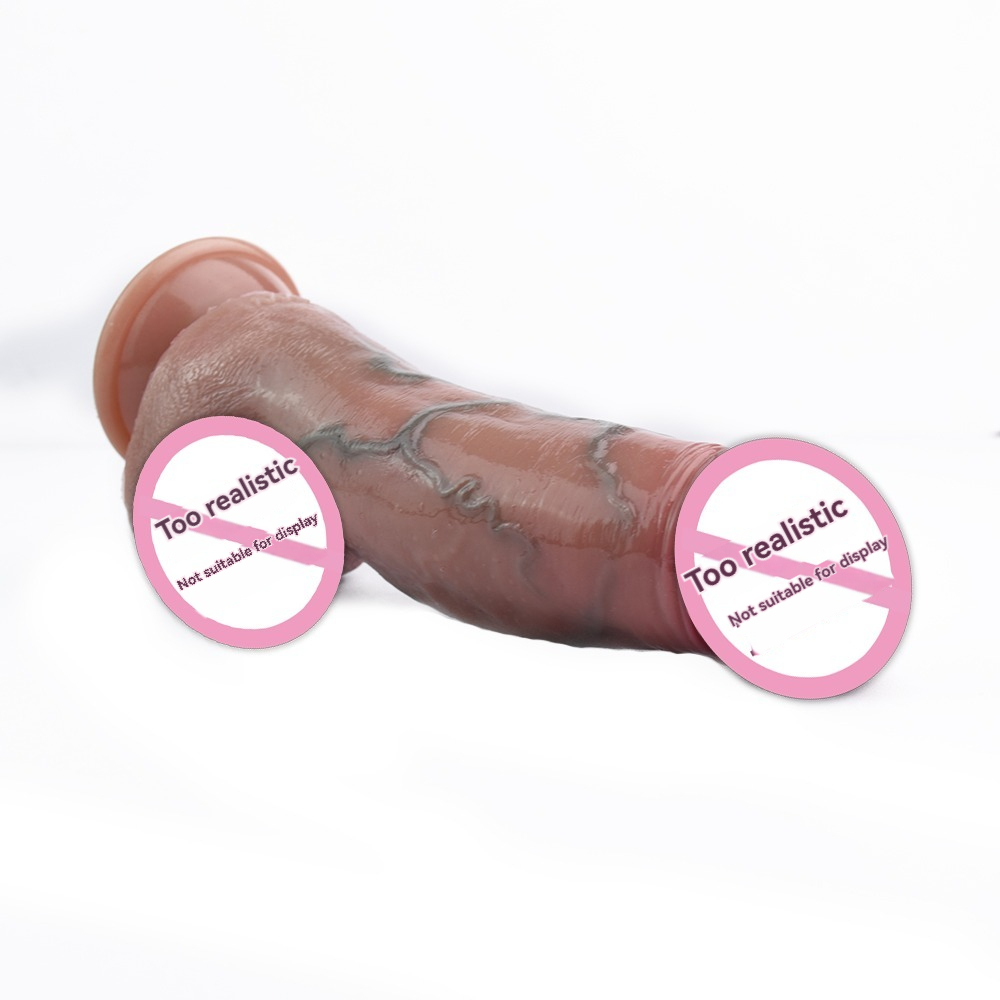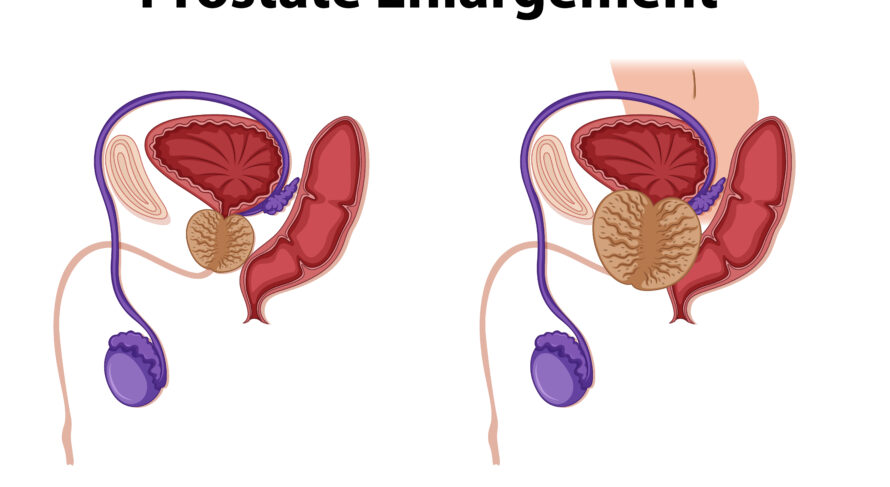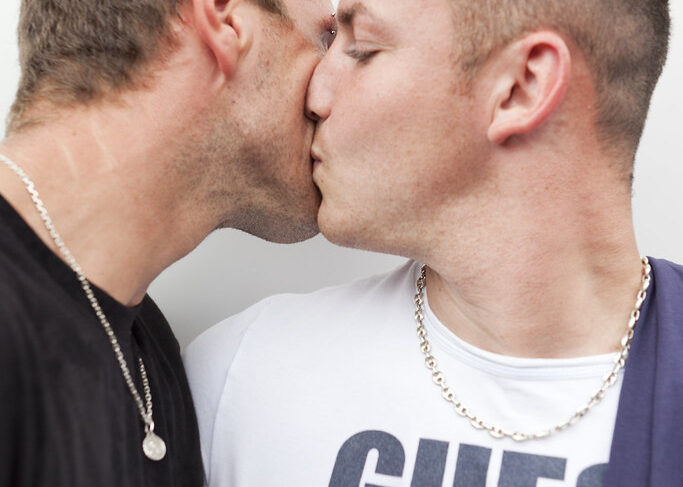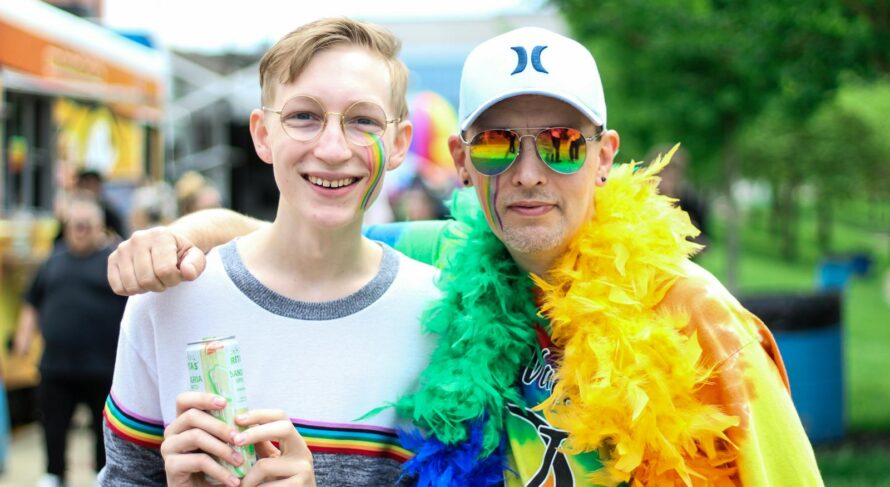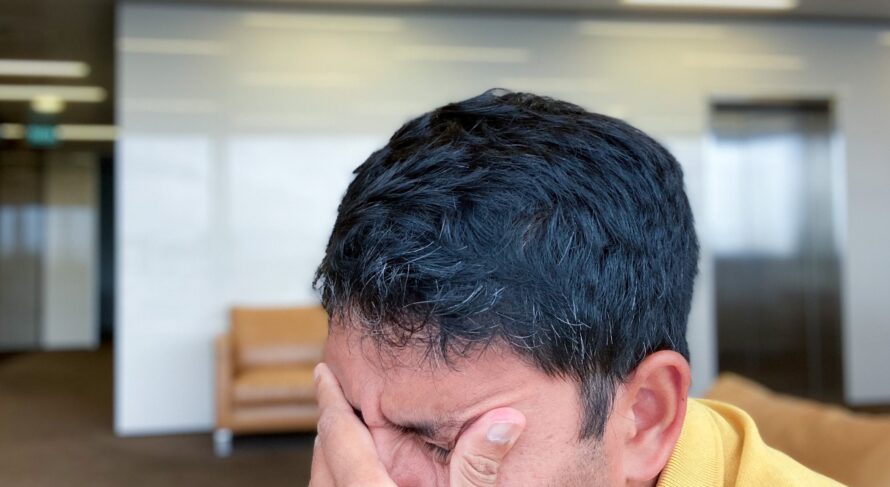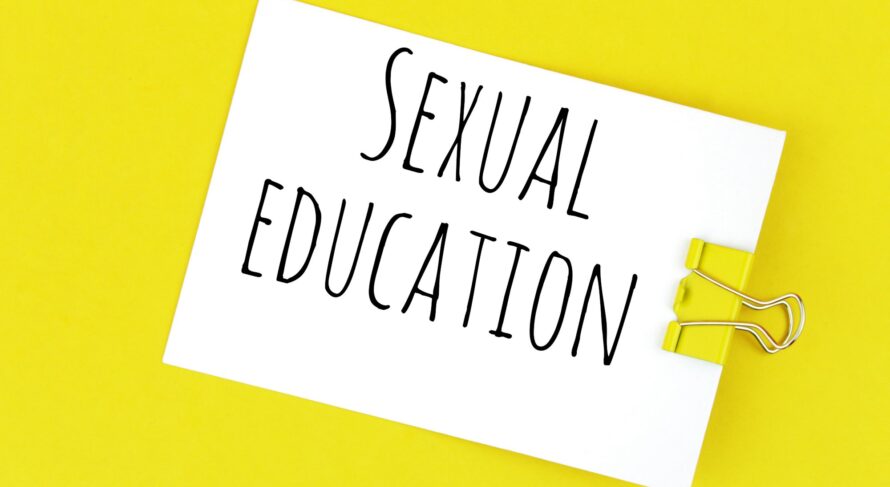Empowering Intimacy: The Crucial Role of Sexual Education in Enhancing Gay Men’s Relationships

Key Takeaways-The Role of Sexual Education in Enhancing Intimacy Among Gay Men
- Comprehensive sexual education empowers gay men with knowledge to navigate intimate relationships confidently.
- Understanding sexual health and consent is crucial for building trust and enhancing intimacy.
- Sexual education addresses unique challenges faced by gay men, including stigma and internalized homophobia.
- Access to LGBTQ+-friendly educational resources promotes healthier and more fulfilling relationships.
- Effective communication and emotional intelligence are key components of sexual education that enhance intimacy.
- Sexual education fosters a positive sexual identity, contributing to overall mental and emotional well-being.
Table of Contents
- Introduction
- The Importance of Sexual Education
- Unique Challenges Faced by Gay Men
- Key Components of Effective Sexual Education
- Impact of Sexual Education on Intimacy
- Accessing LGBTQ+-Friendly Resources
- Best Practices for Enhancing Intimacy Through Sexual Education
- Case Study: Enhancing Intimacy Through Comprehensive Sexual Education
- Visual Table: Traditional vs. Comprehensive Sexual Education
- Conclusion
- Frequently Asked Questions
- References
Introduction
Intimacy is a fundamental aspect of human relationships, encompassing emotional closeness, physical connection, and mutual understanding. For gay men, navigating intimacy involves unique challenges influenced by societal norms, cultural expectations, and personal experiences. Comprehensive sexual education plays a pivotal role in enhancing intimacy among gay men by providing the knowledge, skills, and confidence needed to build healthy and fulfilling relationships.
This guide explores the critical role of sexual education in fostering intimacy among gay men, addressing the specific needs and challenges they face. By delving into the components of effective sexual education, its impact on relationship dynamics, and strategies for accessing LGBTQ+-friendly resources, this article aims to empower gay men to cultivate meaningful and satisfying intimate connections.
The Importance of Sexual Education
Sexual education is an essential component of overall education, equipping individuals with the knowledge and skills necessary to make informed decisions about their sexual health and relationships. For gay men, sexual education addresses not only general sexual health but also the specific nuances related to their sexual orientation and relationship dynamics.
- Knowledge Empowerment: Comprehensive sexual education empowers gay men with accurate information about sexual health, consent, and safe practices, enabling them to make informed choices.
- Reducing Stigma: Sexual education that includes LGBTQ+ perspectives helps reduce stigma and promote acceptance, fostering a more inclusive environment for expressing intimacy.
- Enhancing Communication: Education on effective communication strategies aids in building trust and understanding within relationships, crucial for deepening intimacy.
- Promoting Consent and Respect: Emphasizing the importance of consent and mutual respect cultivates healthy relational dynamics and prevents abuse.
According to the Centers for Disease Control and Prevention (CDC, 2022), comprehensive sexual education significantly contributes to reducing risky sexual behaviors and enhancing relationship satisfaction among LGBTQ+ individuals.
Unique Challenges Faced by Gay Men
Gay men encounter distinct challenges in their pursuit of intimacy, influenced by societal attitudes, cultural expectations, and personal experiences. Understanding these challenges is crucial for tailoring sexual education to meet their specific needs.
Stigma and Discrimination
Stigma and discrimination against LGBTQ+ individuals can lead to internalized homophobia, affecting self-esteem and the ability to form healthy intimate relationships. Fear of judgment or rejection may hinder open communication and emotional vulnerability, essential components of intimacy.
Limited Representation
Traditional sexual education curricula often overlook the experiences and needs of gay men, leading to a lack of relevant information and support. This gap can result in misinformation, increased risk of sexually transmitted infections (STIs), and challenges in navigating relationship dynamics.
Intersectionality
The intersection of multiple identities, such as race, religion, and socioeconomic status, can compound the challenges gay men face in developing intimacy. Navigating cultural and religious expectations while embracing one’s sexual identity requires nuanced support and understanding.
Mental Health Concerns
Mental health issues, including anxiety, depression, and stress, can impact the ability to engage in and sustain intimate relationships. Addressing these concerns through sexual education can promote emotional well-being and healthier relational dynamics.
According to Meyer (2003), minority stress significantly affects the mental health of gay men, highlighting the need for supportive educational interventions that address these unique challenges.

Key Components of Effective Sexual Education
Effective sexual education for enhancing intimacy among gay men encompasses a variety of components tailored to address their specific needs and challenges. These components ensure that the education provided is comprehensive, inclusive, and empowering.
Comprehensive Sexual Health Information
Providing detailed information about sexual health, including STI prevention, safe sex practices, and reproductive health, is fundamental. Tailoring this information to address the unique health risks and needs of gay men ensures relevance and applicability.
- STI Prevention: Education on the prevention of STIs, including HIV, through safe sex practices, regular testing, and the use of protection.
- Consent and Boundaries: Emphasizing the importance of consent and establishing personal boundaries to foster respect and mutual understanding.
- Sexual Techniques and Practices: Providing information on various sexual practices, ensuring that individuals are informed and comfortable with their choices.
Emotional Intelligence and Communication Skills
Enhancing emotional intelligence and communication skills is essential for building and maintaining intimacy. Education that focuses on effective communication, emotional regulation, and empathy supports healthier relational dynamics.
- Active Listening: Teaching techniques for active listening to improve mutual understanding and reduce conflicts.
- Expressing Emotions: Encouraging individuals to express their emotions openly and honestly within relationships.
- Conflict Resolution: Providing strategies for resolving conflicts constructively, maintaining respect and understanding.
Addressing Internalized Stigma and Building Self-Esteem
Addressing internalized stigma and promoting self-esteem are critical for fostering a positive sexual identity and enhancing intimacy. Education that includes discussions on self-acceptance and combating negative societal messages supports emotional well-being.
- Self-Acceptance: Encouraging individuals to embrace their sexual identity and build a positive self-image.
- Combating Internalized Homophobia: Providing tools and strategies to overcome internalized negative beliefs and attitudes.
- Building Confidence: Promoting activities and practices that enhance self-confidence and assertiveness in relationships.
Mental Health Support
Integrating mental health support into sexual education ensures that individuals have access to resources and strategies for managing stress, anxiety, and other mental health concerns that may impact intimacy.
- Stress Management: Teaching techniques for managing stress and maintaining emotional balance.
- Access to Counseling: Providing information on accessing mental health services and support groups.
- Mindfulness Practices: Introducing mindfulness and relaxation techniques to enhance emotional well-being.
Community and Peer Support
Fostering a sense of community and peer support within sexual education programs enhances the learning experience and provides a network of support for individuals.
- Support Groups: Facilitating support groups where individuals can share experiences and seek advice.
- Mentorship Programs: Connecting individuals with mentors who can provide guidance and support in navigating intimacy.
- Community Engagement: Encouraging participation in LGBTQ+ community events and organizations to build connections and support networks.
According to Roberts & David (2020), community support significantly enhances the effectiveness of sexual education programs by providing a network of peers and mentors that foster a supportive learning environment.
Impact of Sexual Education on Intimacy
Comprehensive sexual education has a profound impact on the quality of intimacy in gay men’s relationships. By equipping individuals with the necessary knowledge and skills, sexual education enhances emotional connection, communication, and overall relationship satisfaction.
Enhanced Communication
Sexual education that emphasizes communication skills empowers gay men to express their needs, desires, and concerns openly. This transparency fosters trust and understanding, essential for deepening intimacy.
- Open Dialogue: Encourages partners to engage in honest conversations about their sexual and emotional needs.
- Understanding Consent: Promotes mutual consent and respect in all aspects of the relationship.
- Conflict Resolution: Provides strategies for addressing and resolving conflicts constructively, maintaining relational harmony.
According to Thibaut and Kelley (1959), effective communication is a key determinant of relationship satisfaction and longevity, making it a critical focus of sexual education.
Improved Sexual Health
Comprehensive sexual education provides gay men with the knowledge to maintain optimal sexual health, reducing the risk of STIs and promoting safe sexual practices. This knowledge is fundamental for building trust and ensuring both partners feel secure and respected.
- STI Prevention: Education on safe sex practices and the importance of regular testing reduces health risks.
- Knowledge of Sexual Practices: Understanding various sexual practices and their safety measures enhances mutual satisfaction and respect.
- Access to Resources: Providing information on accessing sexual health services ensures that individuals can seek help when needed.
The CDC (2022) emphasizes that comprehensive sexual education significantly reduces the incidence of STIs and promotes healthier sexual behaviors among LGBTQ+ populations.
Strengthened Emotional Bonds
Sexual education that includes discussions on emotional intelligence and self-awareness helps gay men develop deeper emotional bonds with their partners. Understanding each other’s emotional needs and vulnerabilities fosters a more profound sense of intimacy.
- Emotional Vulnerability: Encourages partners to share their fears, hopes, and dreams, strengthening the emotional connection.
- Empathy and Understanding: Promotes empathy and understanding, enabling partners to support each other effectively.
- Mutual Respect: Fosters a culture of mutual respect and appreciation, enhancing relational satisfaction.
According to Baumeister and Leary (1995), the need for belonging and emotional connection is fundamental to human motivation, making the strengthening of emotional bonds a critical aspect of intimacy.
Increased Relationship Satisfaction
Comprehensive sexual education contributes to increased relationship satisfaction by addressing the multifaceted aspects of intimacy. When gay men feel informed, supported, and confident in their intimate relationships, their overall satisfaction and fulfillment increase.
- Confidence in Intimacy: Knowledge and skills acquired through sexual education boost confidence in expressing intimacy.
- Reduced Anxiety: Understanding sexual health and relationship dynamics reduces anxiety and fear related to intimacy.
- Enhanced Fulfillment: Fostering a deeper emotional and physical connection leads to greater relationship fulfillment.
According to Meyer (2003), relationship satisfaction is closely linked to mental health and well-being, highlighting the importance of comprehensive sexual education in enhancing intimacy and satisfaction among gay men.
Overall, the impact of sexual education on intimacy is profound, equipping gay men with the tools and knowledge to build healthier, more fulfilling, and resilient relationships.

Accessing LGBTQ+-Friendly Resources
Access to LGBTQ+-friendly resources is essential for supporting comprehensive sexual education and enhancing intimacy among gay men. These resources provide specialized support, information, and community connections tailored to the unique needs of LGBTQ+ individuals.
Finding LGBTQ+-Friendly Educational Programs
Identifying educational programs that are inclusive and affirming of LGBTQ+ identities ensures that gay men receive relevant and supportive sexual education. These programs address specific health risks, relationship dynamics, and emotional needs.
- Community Centers: LGBTQ+ community centers often offer educational workshops and seminars on sexual health and relationships.
- Online Platforms: Utilize online educational platforms that provide comprehensive sexual education tailored to LGBTQ+ audiences.
- Universities and Colleges: Many higher education institutions offer LGBTQ+-inclusive sexual education courses and resources.
According to GLMA (2022), accessing LGBTQ+-friendly educational programs significantly enhances the effectiveness of sexual education by providing relevant and affirming information.
Utilizing Online Resources and Tools
Online resources and tools play a crucial role in providing accessible and comprehensive sexual education for gay men. These resources offer a wealth of information, interactive tools, and community support.
- Educational Websites: Reputable websites such as GLAAD and LGBTQIA Health offer extensive resources on sexual health and relationships.
- Online Forums and Communities: Platforms like Reddit’s LGBTQ+ communities provide spaces for discussion, support, and information sharing.
- Educational Apps: Mobile apps focused on sexual health education, such as Planned Parenthood’s** app, offer accessible information and tools for managing sexual health.
According to Roberts & David (2020), digital transformations have significantly shaped how LGBTQ+ individuals access and engage with sexual education, making online resources invaluable for comprehensive learning.
Engaging with LGBTQ+ Support Groups
Support groups provide a sense of community and belonging, offering a platform for gay men to share experiences, seek advice, and receive emotional support. These groups can be found both online and in-person, catering to various needs and preferences.
- Peer Support: Engage with peer support groups to connect with others who share similar experiences and challenges.
- Professional Support: Participate in support groups facilitated by mental health professionals specializing in LGBTQ+ issues.
- Community Events: Attend community events and workshops organized by LGBTQ+ organizations to build connections and access resources.
According to Flores (2015), support groups are essential for fostering a sense of belonging and providing the emotional support necessary for healthy intimate relationships.
Accessing Mental Health Services
Mental health services tailored to the needs of gay men are crucial for addressing the unique challenges they face in their intimate relationships. These services offer specialized support and strategies for managing stress, anxiety, and other mental health concerns.
- Therapists Specializing in LGBTQ+ Issues: Seek out therapists who are knowledgeable and sensitive to the unique experiences of gay men.
- Counseling Services: Access individual or couples counseling to work through relationship dynamics and enhance intimacy.
- Online Counseling Platforms: Utilize online platforms like Talkspace or BetterHelp that offer specialized LGBTQ+ counseling services.
According to Meyer (2003), addressing mental health proactively is essential for maintaining healthy and fulfilling intimate relationships among gay men.
Educational Workshops and Seminars
Educational workshops and seminars provide opportunities for gay men to learn about sexual health, relationship dynamics, and emotional well-being in an interactive and supportive environment.
- Relationship Skills Workshops: Participate in workshops that focus on building communication skills, conflict resolution, and emotional intelligence.
- Sexual Health Seminars: Attend seminars that provide comprehensive information on sexual health, STI prevention, and safe sex practices.
- Personal Development Workshops: Engage in workshops that promote self-awareness, self-acceptance, and personal growth.
According to Roberts & David (2020), engaging in educational workshops and seminars enhances knowledge and skills, contributing to healthier and more satisfying intimate relationships.
Accessing LGBTQ+-friendly resources is vital for providing the support and information necessary for gay men to enhance their intimacy and build healthy relationships. These resources offer specialized support tailored to the unique challenges and needs of the LGBTQ+ community.
Best Practices for Enhancing Intimacy Through Sexual Education
Enhancing intimacy through sexual education involves implementing best practices that foster knowledge, communication, and emotional connection. These practices ensure that sexual education is effective in promoting healthy and fulfilling intimate relationships among gay men.
Implementing Comprehensive Curriculum
A comprehensive sexual education curriculum covers a wide range of topics, including sexual health, consent, communication skills, and emotional intelligence. Tailoring the curriculum to address the specific needs of gay men ensures relevance and applicability.
- Inclusive Content: Ensure that the curriculum includes information relevant to LGBTQ+ individuals, addressing their unique health and relationship needs.
- Interactive Learning: Utilize interactive teaching methods, such as discussions, role-playing, and group activities, to engage learners actively.
- Expert Instructors: Employ instructors who are knowledgeable and sensitive to the experiences of gay men, fostering a supportive learning environment.
According to the CDC (2022), comprehensive sexual education that includes LGBTQ+ perspectives significantly improves sexual health outcomes and relationship satisfaction.
Promoting Open Communication
Encouraging open and honest communication is essential for enhancing intimacy. Sexual education programs should emphasize the importance of effective communication in building trust and understanding within relationships.
- Communication Workshops: Incorporate workshops that teach effective communication techniques, such as active listening and expressing emotions.
- Safe Spaces: Create safe spaces where individuals can practice communication skills without fear of judgment or rejection.
- Conflict Resolution Training: Provide training on how to address and resolve conflicts constructively, maintaining respect and empathy.
According to Thibaut and Kelley (1959), effective communication is a key determinant of relationship satisfaction, making it a critical focus of sexual education.
Addressing Mental Health
Integrating mental health support into sexual education is crucial for addressing the emotional challenges that may impact intimacy. Providing resources and strategies for managing mental health promotes overall well-being and healthier relationships.
- Mental Health Modules: Include modules that address mental health topics, such as stress management, anxiety, and depression.
- Access to Counseling: Provide information on accessing mental health services and support groups tailored to LGBTQ+ individuals.
- Mindfulness Practices: Introduce mindfulness and relaxation techniques to enhance emotional resilience and reduce stress.
According to Meyer (2003), mental health significantly influences relationship dynamics and intimacy, underscoring the need for integrated support in sexual education.
Fostering a Supportive Community
Building a supportive community around sexual education enhances its effectiveness. Encouraging participation in community events, support groups, and online forums fosters a sense of belonging and mutual support.
- Community Events: Organize events that bring together individuals to share experiences and learn from each other.
- Support Groups: Facilitate support groups where gay men can discuss challenges and strategies for enhancing intimacy.
- Online Forums: Create online platforms for ongoing support and information sharing, extending the reach of sexual education beyond the classroom.
According to Flores (2015), community support is vital for fostering a sense of belonging and providing the emotional backing necessary for healthy intimate relationships.
Utilizing Technology and Resources
Leveraging technology and online resources enhances the accessibility and effectiveness of sexual education. Digital tools provide flexible and personalized learning opportunities, accommodating diverse learning styles and schedules.
- Educational Apps: Utilize apps that offer interactive lessons, quizzes, and resources on sexual health and relationships.
- Webinars and Online Workshops: Offer webinars and online workshops that provide in-depth information and allow for interactive learning.
- Resource Libraries: Create online libraries of articles, videos, and guides that individuals can access at their convenience.
According to Roberts & David (2020), digital transformations have significantly shaped how individuals access and engage with sexual education, making technology an invaluable tool for enhancing learning and support.
Encouraging Personal Growth and Self-Awareness
Promoting personal growth and self-awareness through sexual education empowers gay men to understand their own needs, desires, and boundaries. This self-awareness is essential for building healthy and fulfilling intimate relationships.
- Self-Reflection Exercises: Incorporate exercises that encourage individuals to reflect on their values, desires, and relationship goals.
- Goal Setting: Teach individuals how to set and achieve personal and relational goals, fostering a sense of purpose and direction.
- Identity Exploration: Provide opportunities for individuals to explore and affirm their sexual identity, promoting self-acceptance and confidence.
According to Rosenberg (2015), personal growth and self-awareness are critical for overcoming internal barriers and fostering meaningful intimate connections.
Implementing these best practices ensures that sexual education is not only informative but also transformative, enabling gay men to build healthier, more intimate, and satisfying relationships.

Case Study: Enhancing Intimacy Through Comprehensive Sexual Education
To illustrate the practical application of the strategies discussed, let’s examine a case study involving Alex and Jordan, a couple who successfully enhanced their intimacy through comprehensive sexual education.
Background
Alex and Jordan have been in a relationship for two years. While they share a strong emotional bond, they faced challenges in communicating their sexual needs and managing conflicts, which affected their intimacy. Seeking to improve their relationship, they enrolled in a comprehensive sexual education program tailored for LGBTQ+ individuals.
Identifying the Needs
Through initial assessments, Alex and Jordan identified several areas where they needed support:
- Enhancing communication skills to express sexual desires and boundaries effectively.
- Understanding and practicing safe sex to ensure sexual health.
- Managing conflicts constructively to prevent emotional disconnect.
- Building self-esteem and addressing internalized homophobia.
Implementing Sexual Education Strategies
Alex and Jordan implemented the following strategies from their sexual education program:
Attending Communication Workshops
They participated in workshops focused on active listening, expressing emotions, and conflict resolution. These workshops provided them with practical tools to improve their communication, fostering a more open and honest dialogue about their sexual and emotional needs.
Learning Safe Sex Practices
The program emphasized the importance of safe sex, including the use of protection, regular STI testing, and understanding sexual health. Alex and Jordan learned about different protection methods and agreed to prioritize safe sex in their intimate interactions.
Engaging in Self-Reflection Exercises
They engaged in self-reflection exercises that encouraged them to explore their own desires, boundaries, and any internalized negative beliefs about their sexuality. This self-awareness helped them address personal barriers to intimacy.
Participating in Support Groups
Alex and Jordan joined support groups where they connected with other gay men facing similar challenges. Sharing experiences and receiving peer support enhanced their sense of belonging and provided additional strategies for maintaining intimacy.
Utilizing Educational Resources
They accessed online resources and educational materials provided by the program, supplementing their learning and enabling them to revisit important concepts as needed.
Outcome
Through comprehensive sexual education, Alex and Jordan experienced significant improvements in their relationship:
- Enhanced Communication: They developed better communication skills, allowing them to express their needs and boundaries openly.
- Improved Sexual Health: Adopting safe sex practices reduced their risk of STIs and increased their confidence in their sexual interactions.
- Conflict Resolution: They learned effective strategies for resolving conflicts, leading to fewer misunderstandings and arguments.
- Increased Intimacy: With improved communication and emotional connection, their intimacy deepened, enhancing overall relationship satisfaction.
- Emotional Well-Being: Addressing internalized homophobia and building self-esteem contributed to better mental health and relational resilience.
This case study demonstrates how comprehensive sexual education can empower gay men to overcome challenges, enhance intimacy, and build fulfilling and resilient relationships.
Visual Table: Traditional vs. Comprehensive Sexual Education
| Aspect | Traditional Sexual Education | Comprehensive Sexual Education |
|---|---|---|
| Inclusivity | Often heteronormative, excluding LGBTQ+ perspectives. | Inclusive of LGBTQ+ identities, addressing specific needs and challenges. |
| Content Scope | Focuses mainly on biological aspects of sex and STI prevention. | Covers sexual health, emotional intelligence, consent, communication, and relationship dynamics. |
| Teaching Methods | Lecture-based, with limited interactive elements. | Interactive, including discussions, role-playing, and group activities. |
| Mental Health Integration | Minimal focus on mental health and emotional well-being. | Integrates mental health support, addressing stress, anxiety, and self-esteem. |
| Support Systems | Limited access to support groups and resources for LGBTQ+ individuals. | Provides access to LGBTQ+-friendly resources, support groups, and community networks. |
| Outcome | Basic knowledge of sexual health with limited applicability to LGBTQ+ relationships. | Comprehensive understanding of sexual health, fostering healthier and more intimate relationships among gay men. |
Conclusion
Comprehensive sexual education is a vital tool for enhancing intimacy among gay men, addressing the unique challenges they face in their relationships. By providing inclusive, detailed, and supportive education, sexual education empowers gay men to build healthier, more fulfilling, and resilient intimate connections.
Understanding sexual health, fostering effective communication, addressing internalized stigma, and promoting emotional well-being are critical components of comprehensive sexual education that significantly impact relationship dynamics and satisfaction. Access to LGBTQ+-friendly resources and supportive communities further enhances the effectiveness of these educational interventions.
At sextoyforyou.store, we are committed to supporting gay men in their journey towards building strong and intimate relationships. Our curated selection of products and resources is designed to enhance your connection, promote healthy communication, and support your relationship’s overall well-being. Whether you are seeking to improve your sexual health practices, explore new avenues for intimacy, or access valuable educational resources, sextoyforyou.store is here to support you every step of the way.
Embrace these strategies today to transform your intimate relationships, fostering deeper connections, mutual respect, and lasting satisfaction. Remember, prioritizing comprehensive sexual education is not only beneficial for your physical well-being but also for the emotional and relational fulfillment you seek.
Frequently Asked Questions
1. How does comprehensive sexual education specifically benefit intimacy among gay men?
Comprehensive sexual education benefits intimacy among gay men by providing tailored information on sexual health, consent, and communication strategies that address their unique needs and challenges. This education fosters a deeper understanding of sexual practices, promotes safe sex, and enhances communication skills, all of which are essential for building trust and emotional closeness. Additionally, addressing topics like internalized homophobia and self-esteem through sexual education supports mental well-being, which is crucial for maintaining healthy and fulfilling intimate relationships (Meyer, 2003).
2. What are the key differences between traditional and comprehensive sexual education for gay men?
Traditional sexual education often adopts a heteronormative approach, focusing primarily on the biological aspects of sex and STI prevention, with limited or no inclusion of LGBTQ+ perspectives. In contrast, comprehensive sexual education for gay men is inclusive, addressing the specific sexual health needs, relationship dynamics, and emotional challenges faced by LGBTQ+ individuals. Comprehensive programs incorporate interactive teaching methods, mental health support, and access to LGBTQ+-friendly resources, resulting in a more holistic and supportive learning experience that fosters healthier and more intimate relationships among gay men (GLMA, 2022).
3. How can individuals access LGBTQ+-friendly sexual education resources?
Individuals can access LGBTQ+-friendly sexual education resources through various avenues, including community centers, online educational platforms, universities, and specialized workshops. Organizations such as the Gay and Lesbian Medical Association (GLMA) offer directories of LGBTQ+-competent healthcare providers and educational programs. Online platforms like GLAAD and LGBTQIA Health provide extensive resources, articles, and interactive tools tailored to the needs of gay men. Additionally, participating in support groups and community events organized by LGBTQ+ organizations offers opportunities for learning and connecting with peers who share similar experiences and challenges (Flores, 2015).
References
- Baumeister, R. F., & Leary, M. R. (1995). The need to belong: Desire for interpersonal attachments as a fundamental human motivation. Psychological Bulletin, 117(3), 497-529. https://doi.org/10.1037/0033-2909.117.3.497
- Centers for Disease Control and Prevention. (2022). Comprehensive Sexuality Education. https://www.cdc.gov/healthyyouth/sexualbehaviors/comprehensive-sexuality-education/index.htm
- Flores, A. R. (2015). Research on sexual orientation and adolescent substance use: A systematic review of the literature. Journal of Studies on Alcohol and Drugs, 76(1), 3-17. https://doi.org/10.15288/jsad.2015.76.3
- Gay and Lesbian Medical Association. (2022). Find a GLMA Provider. https://www.glma.org/
- GLMA. (2022). Find a GLMA Provider. https://www.glma.org/
- Meyer, I. H. (2003). Prejudice, social stress, and mental health in lesbian, gay, and bisexual populations: Conceptual issues and research evidence. Psychological Bulletin, 129(5), 674-697. https://doi.org/10.1037/0033-2909.129.5.674
- Petronio, S. (2002). Communication Privacy Management: Theory and Practice. Routledge.
- Roberts, K., & David, M. E. (2020). Digital transformations: How technology shapes relationships and intimacy. Journal of Social and Personal Relationships, 37(6), 1760-1780. https://doi.org/10.1177/0265407520917042
- Thibaut, J. W., & Kelley, H. H. (1959). The Social Psychology of Groups. Wiley.
- Rosenberg, M. B. (2015). Nonviolent Communication: A Language of Life. PuddleDancer Press.









